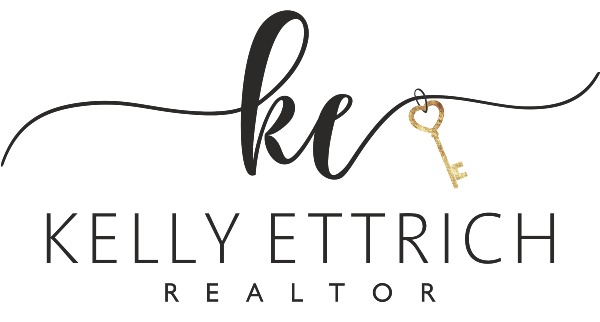Do Solar Panels add Value to your Home?
Koffee with Kelly – Tips for Energy Savings. An article recently posted on Zillow pointed to an increase in the value of a home based on installing solar panels. That story is only one data point, and it is worth understanding the benefits and liabilities of home solar systems.
Koffee with Kelly
An article recently posted on Zillow pointed to an increase in the value of a home based on installing solar panels. That story is only one data point, and it is worth understanding the benefits and liabilities of home solar systems. When purchasing a home with solar panels already installed it is important to understand the benefits and the liabilities. In many ways it resembles purchasing a home with a pool, where an informed buyer will do their homework.
There are multiple options for solar energy systems. For example, I recently sold a home in an eco-village with passive solar water heating system. While it added to the house’s value, it was only a small part of the “environmentally friendly systems” in the home. Today, the majority of interest is really in roof-mounted electricity-producing solar panels. With the rising cost of electricity and federal tax benefits, these systems have become more affordable and better performing.
Simplify the “Going-Solar” Process
If you are considering installing solar panels on your rooftop, it is worth reviewing the CESA guide to solar panels and energy.gov’s guide to understanding solar panels. The typical costs range from $20,000 – $60,000 before Federal tax credits. The higher-end systems will include battery storage, allowing you to store electricity for off-peak periods. You also have the option in Virginia for net-metering, selling electricity back to the utility.
With these costs, there are typically three ways to purchase a system and some things to consider:
Purchase with cash or a loan – As a homeowner, you are responsible for the maintenance and upkeep of the system and need to ensure you have warranties and service agreements to cover the system’s life, usually 25 years. Solar installers will arrange for loans, and you can also get “solar loans” from banks or credit unions, similar to a home equity loan. As the system owner, you get the current 30% Federal Tax credit the year the system was installed. As the homeowner with a “solar loan,” you must negotiate the loan as part of the home’s sale if you choose to sell your house.
Lease Solar Panels – You can lease rooftop panels, where you pay a monthly fee, and all other expenses, including maintenance, are assumed by the solar company. The advantage is you don’t have the upfront costs or worries about maintenance; you have a monthly fee that should be less than your typical electricity bill. However, you won’t get the federal tax credit, and once the lease is finished, you have to decide whether to purchase the system or remove it. You also need to check the lease terms to determine if the lease can be transferred to a new homeowner if you decide to sell the home. You should also carefully review the monthly costs of often a cost escalation overtime included in these agreements.
Solar PPA – A solar PPA is an agreement where a company installs solar panels on your roof and sells the electricity to you at a rate determined in the contract, less than you currently pay your utility. This agreement is straightforward, as you are paying an electric bill to the PPA company, and you get the advantage of net-metering, further reducing that cost when you produce more electricity than you are using. Their terms are similar to a lease, where you need to check for escalation costs in your agreement and ensure in the deal terms, the contract is transferable if you want to sell your home. There is an advantage in simplicity, and you are not responsible for maintenance, as the PPS company should take care of the system. Also, note you are not the system owner, so you don’t get the federal tax credit, which should be factored into the savings you get in monthly electricity costs.
Another consideration is to ensure your solar system is included in your home insurance, ensuring you have the system covered (potentially at a higher cost). Please check the links in this email and the resources below.






